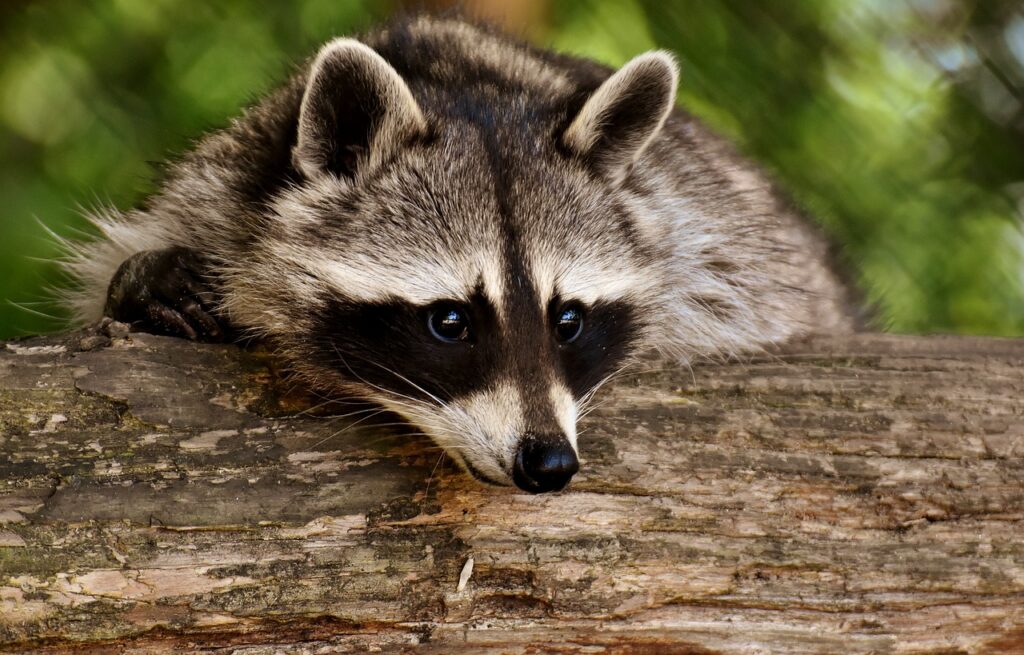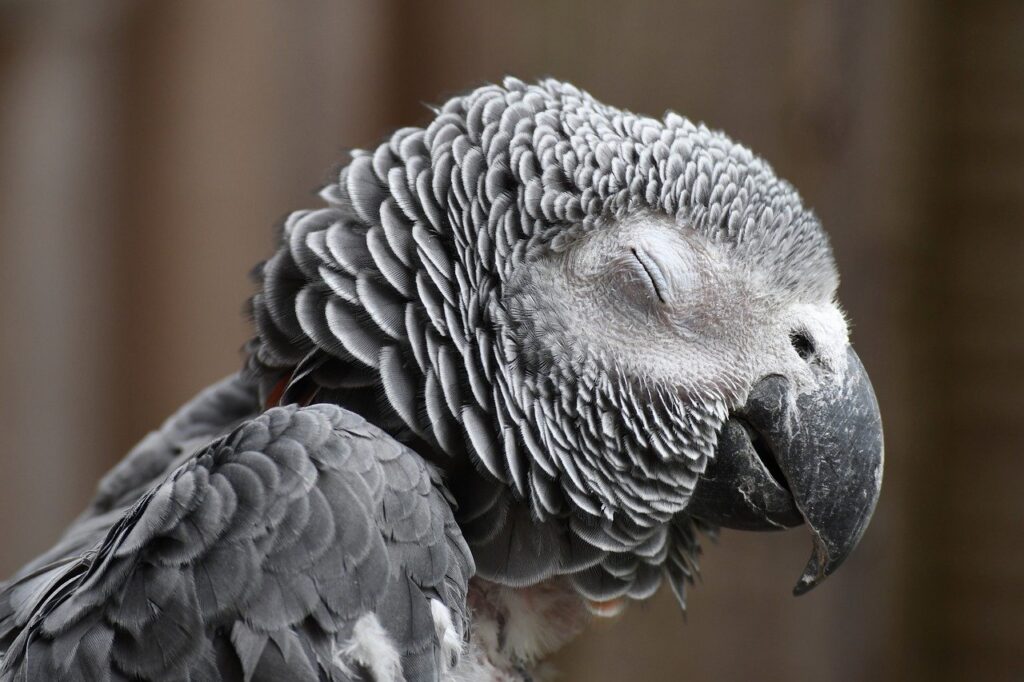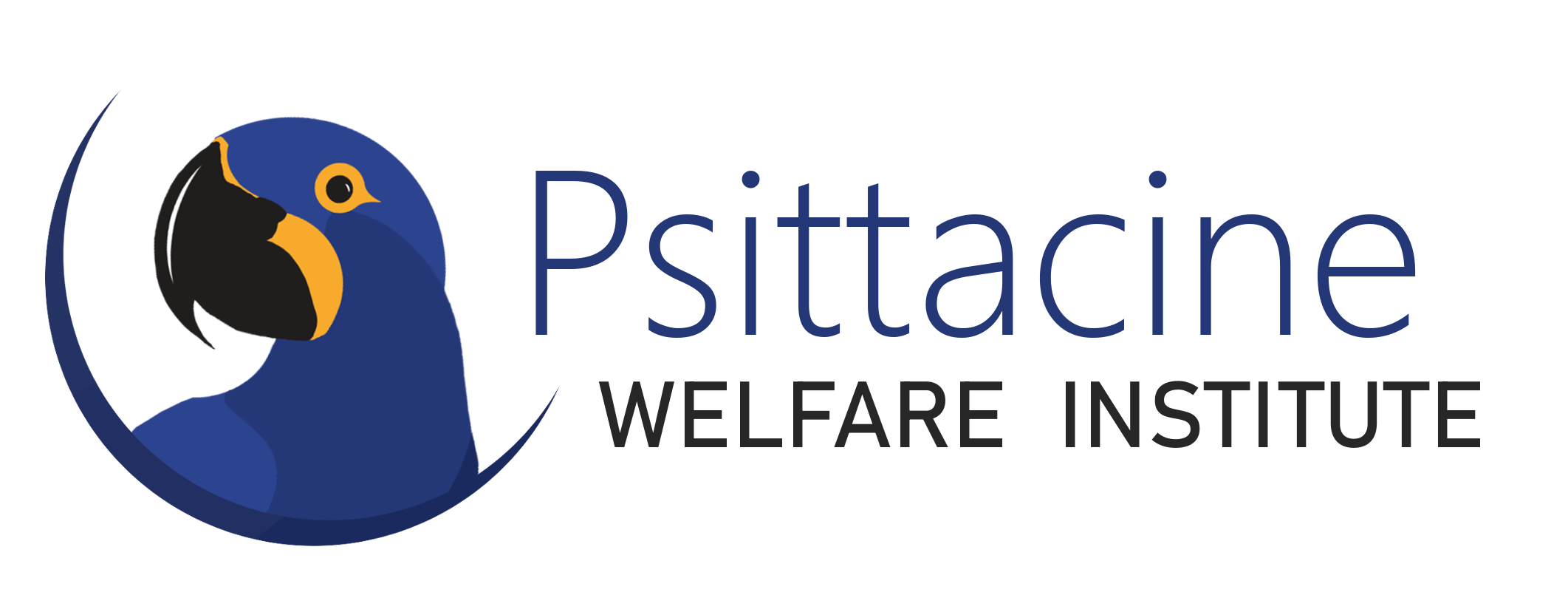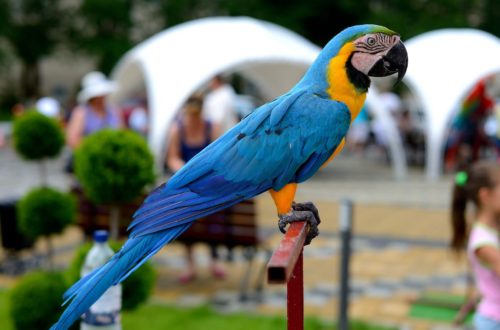The Problem with “Behavioral Problems”

I recently gave a behind-the-scenes tour of our ambassador animal area, and I caught myself making a mistake. It wasn’t that I had forgotten a fact or botched a number, but rather that I repeated a phrase I had used a dozen times before, and it was only in that moment that I realized what I had said was categorically incorrect. When asked why one of our animals, a kinkajou, was not going out on encounters – I cited that behavioral issues were the primary reason. Isn’t that audacious of me? Let’s take a second to operationalize the behavior I was describing. The animal was unmotivated: sleeping during the day, refusing to work for food, refusing to work with most staff. The animal was highly territorial and defensive – lunging at strangers, biting at trainers, squeaking at people as they passed. In summation, I had described that a naturally nocturnal, territorial species of animal was in fact being nocturnal and territorial to strangers he didn’t know. The accursed problem of having a kinkajou that acted exactly like a kinkajou. I couldn’t help but chuckle at my own short-sightedness in the moment.
I wish it were a simple slip of the tongue, but I think the phrase: “behavioral issue” actually stems from my extensive work in behavioral management. We spend so long thinking about incompatible behaviors and problem solving the outlying variables, that we hyper-fixate on the most dynamic and easy to blame variable in the mix: the animal itself. Our facilities, building, house, people – they are usually the static factors in the equation, but it begs the question: should they be? If the goal of zoological institutes is to display animals exhibiting natural behaviors, then we had exactly that – a kinkajou displaying perfect kinkajou behavior, merely in an improper setting. We need to make an effort to shift the blame off of the animals when they are exhibiting perfectly appropriate and acceptable behavior for their wild counterparts; and start understanding that it is the environmental box we are expecting them to adapt to that is in-fact failing the animal.

Parrots spend well over half of their time foraging for food in the wild. How do you think that feeding them out of a bowl effects their behavior? Are high numbers of stereotypical behaviors really the fault of the animal or of the system we’ve created?
Think of how much more progressive it is to look at a parrot plucking its feathers and state that the animal is struggling with environmental problems, rather than behavioral ones. Preening is a perfectly natural behavior for a bird, and over-preening is often the result of an unstimulating environment. We have suddenly shifted from describing symptoms to diagnosing the disease itself. A llama refusing to go into a squeeze cage – certainly not a behavioral problem – that squeeze is very scary, environmental. A cat eating your house plants – would you put a salad on my dining room table and expect me not to eat it? Environmental. We need to shift the blame off of the animals, and back into the antecedents we are presenting for the behavior. Though I see the hesitation. Scapegoating animals for natural behaviors is an easy way to give up, to stop putting resources and time into an animal. If a bird that screams constantly is a rotten egg, it justifies a life of isolation. If the bird that screams constantly is a result of a poor environment for the individual, suddenly we are culpable. I am the first to understand just how vulnerable a facility could be for using the phrase “environmental issues” in regards to animal concerns, but as professionals that are dedicated to improving animal welfare and health – it IS the shift that we need to make in our heads in order to do better for the animals in our care.
So the next time I’m touring guests back-of-house, will I explain to them the host of environmental problems that we have at our facility? No, I would be a fool to ignore public perception. But you better believe that in every internal memo I create, every directive I give, and every meeting we hold in my department – we will be addressing the true cause of our problems, which most certainly is not, and has never been the animal in our care.


